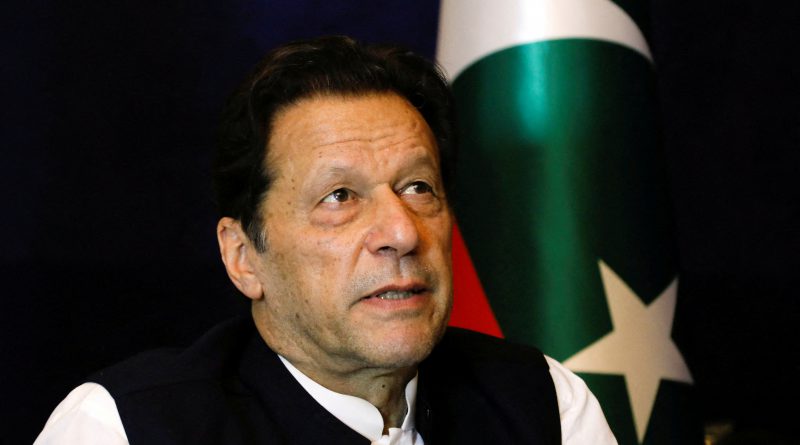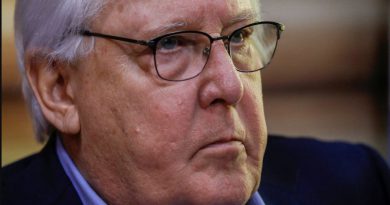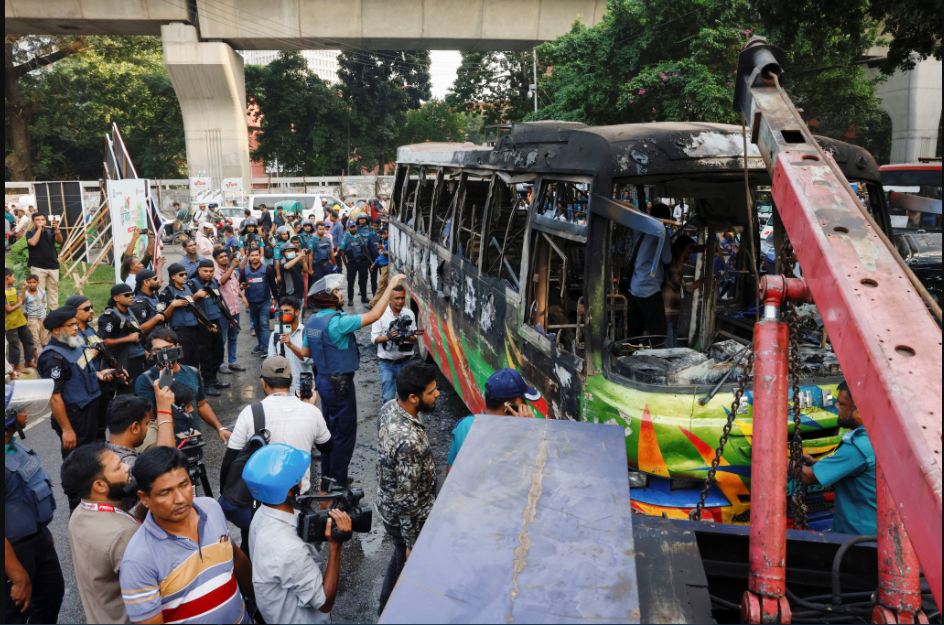Top Pakistan court rejects Imran Khan’s plea that trial be halted
Islamabad (Reuters) – Pakistan’s Supreme Court on Wednesday rejected former prime minister Imran Khan’s plea that his trial on charges of unlawfully selling state gifts be halted on concerns over the merits of the trial and that the judge hearing it was biased.
Legal experts say a possible conviction in the case could end Khan’s political career.
The Supreme Court asked Khan to go back to the Islamabad High Court to seek a ruling over his objections, according to an order seen by a Reuters reporter who attended the top court’s proceedings.
Khan’s legal team moved to the top court this month after the high court ruled against their plea that the trial couldn’t be maintained on the election commission’s petition, according to Khan’s lawyer Barrister Gohar Khan.
The Supreme Court cannot interfere in the trial court proceedings, said one judge on the two-member panel of the top court, which disposed of Khan’s petition, directing the high court to hear all his petitions related to the trial.
The trial court had indicted Khan in May on the charges and summoned him to commence his formal trial, which is now pending due to the challenge by his legal team in the high court.
The trial court case relates to an inquiry conducted by the Election Commission of Pakistan, which found Khan guilty of unlawfully selling state gifts during his tenure as prime minister from 2019 to 2022.
The 70-year-old cricket hero-turned-politician has been embroiled in a string of court cases since he was ousted in a parliamentary vote of confidence last year after having fallen out with the powerful military, which tends to decide who will rule the 220-million South Asian nation.
The military denies having a role in his ouster.



